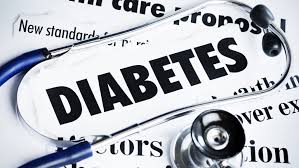High stress levels elevate blood pressure, increase heart rate, trigger inflammation, promote arterial damage, raise cholesterol levels, disrupt heart rhythms, weaken heart muscles, and heighten the risk of heart attacks, strokes, and chronic cardiovascular diseases, severely compromising overall heart health.
Shortness of breath can indicate underlying cardiovascular issues like heart failure, arrhythmias, or coronary artery disease. It strains the heart, reduces oxygen supply, and may worsen symptoms, leading to fatigue, fluid retention, and decreased heart function.



